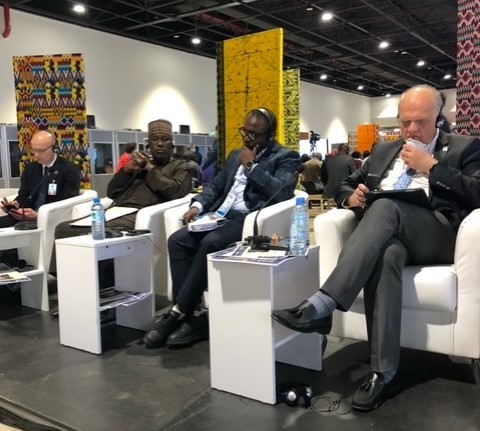On Wednesday 23 March, Water Policy Group held a High-Level Panel at the 9th World Water Forum in Dakar, Senegal. The panel was chaired by Water Policy Group member and Professor at Arizona State University, Dr Olcay Ünver, and included interventions by Ministers and high-level officials from five different countries.
During the session, Dr Ünver presented the findings of the Global Water Policy Report 2021: Listening to National Water Leaders, and the panel discussed the report’s outcomes and its relevance to their work. Funding issues were discussed in depth, including the difficulties many countries face in reaching Sustainable Development Goal 6 targets due to lack of financing—one of the key findings presented in the Global Water Policy Report. They also discussed the occurrence of mismatched expectations between donors and recipients regarding outcomes from overseas development assistance, as well as how excessive costs may prevent developing countries from benefitting from recent technological advances and innovations.
Another common topic was the significance of capacity, and how capacity issues have many flow-on effects. It was discussed that not only is lack of capacity often a constraint to adopting technological advances, but countries with limited capacities become further disadvantaged in accessing funds as they are unable to meet the selection criteria.
The panel agreed that a ‘business as usual’ approach and gradual change would not be enough to achieve water goals, and that it was disheartening that COVID-19 pandemic had not led to a change of course to fund water, sanitation and hygiene (WASH). But despite the current challenges and those that lie ahead, there are many current and future initiatives underway with the potential to affect real progress. Among these, Water Policy Group and AMCOW are working together to produce and disseminate science-based policy advice; Liberia is making progress in enabling legislators to play a key role in mainstreaming WASH into national programs and budget allocations; and The Netherlands—as the co-sponsor of the 2023 UN Water Conference in partnership with Tajikistan—intends to influence a major change of course by mobilising the leaders of the other sectors.
Above all, panelists agreed that activities must prioritise the following: engagement across sectors nationally; higher overseas development assistance and more focussed interventions; effective incorporation of technology and innovation; a common vision and collaboration between state and non-state actors; removal of barriers to integrated solutions; and science-based policy and decision making.
During the session, Dr Ünver also formally launched the 2022 Africa Water Policy Report, prepared by Water Policy Group in collaboration with the African Union’s African Ministers’ Council on Water (AMCOW). Based on the experiences and perspectives of national water leaders from 26 countries of Africa, the Report highlights Africa water issues for political leadership and policy makers’ attention, aiming to support countries in their efforts to achieve better water outcomes.
The panel was attended by:
- Suleiman Hussein Adamu, Federal Minister for Water Resources, Federal Republic of Nigeria and Vice President of AMCOW for West Africa,
- Representative Vicent S.T. Willie, II., Co. Chairman, WASH Legislative Caucus, Republic of Liberia, and
- Mr. Henk Ovink, Special Envoy for International Water Affairs, Kingdom of The Netherlands.
The reports are available here.

